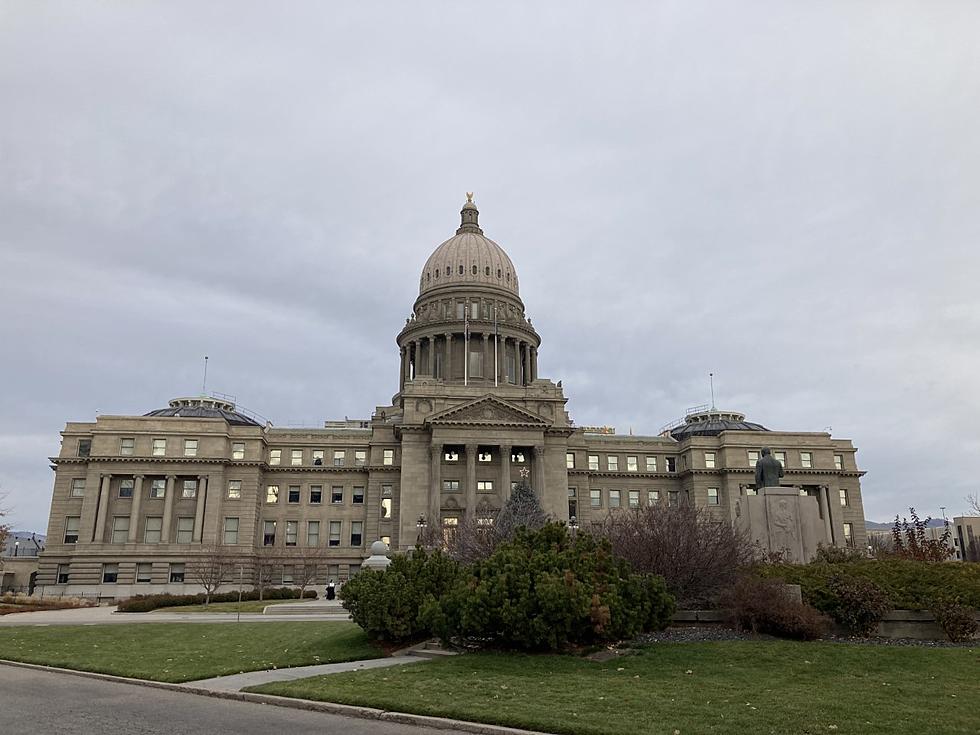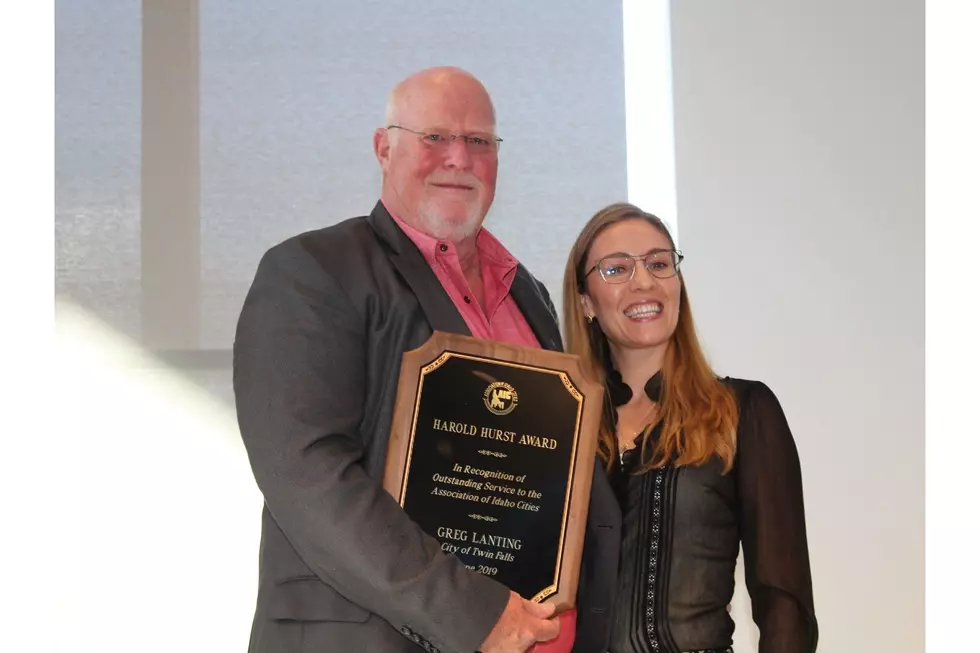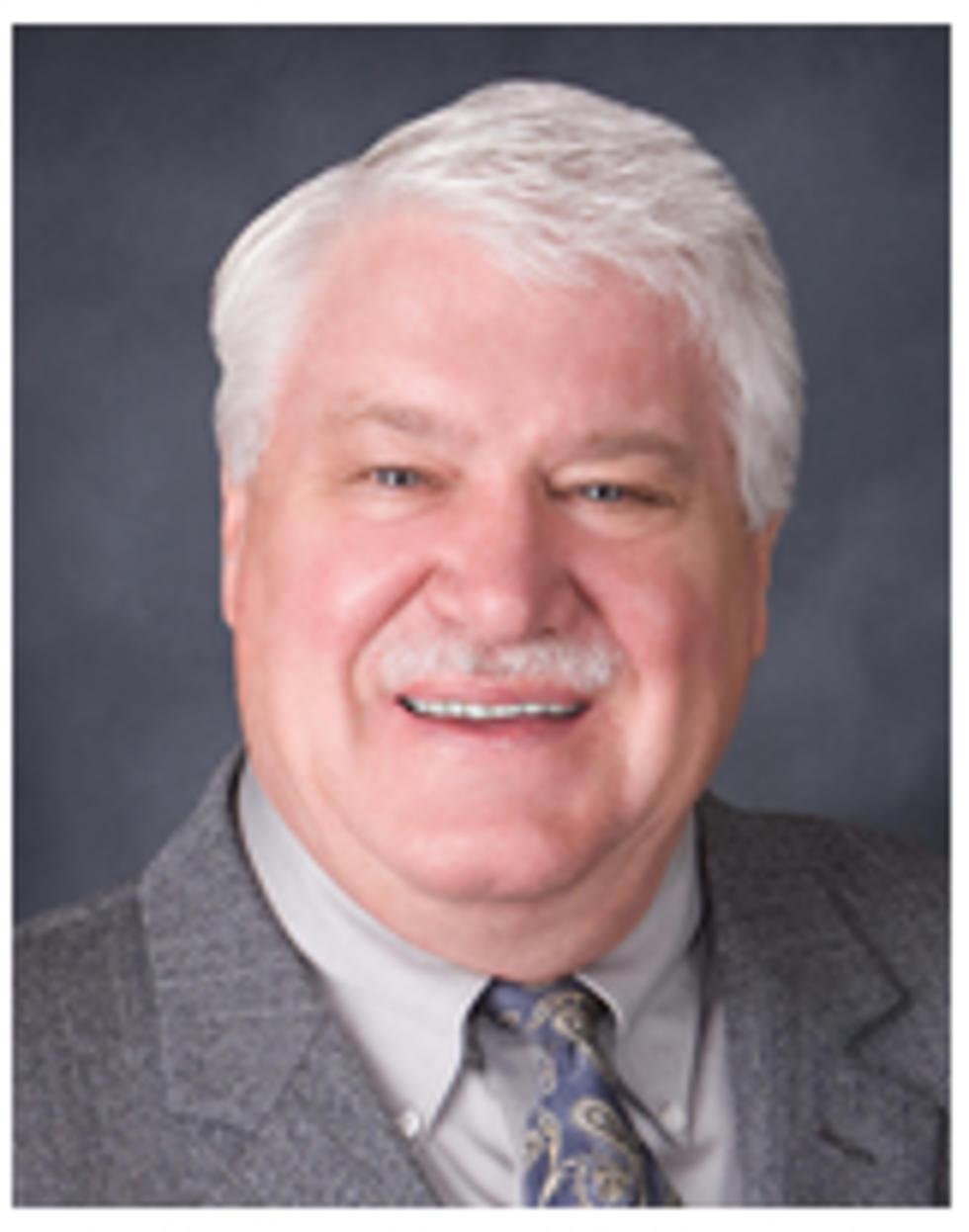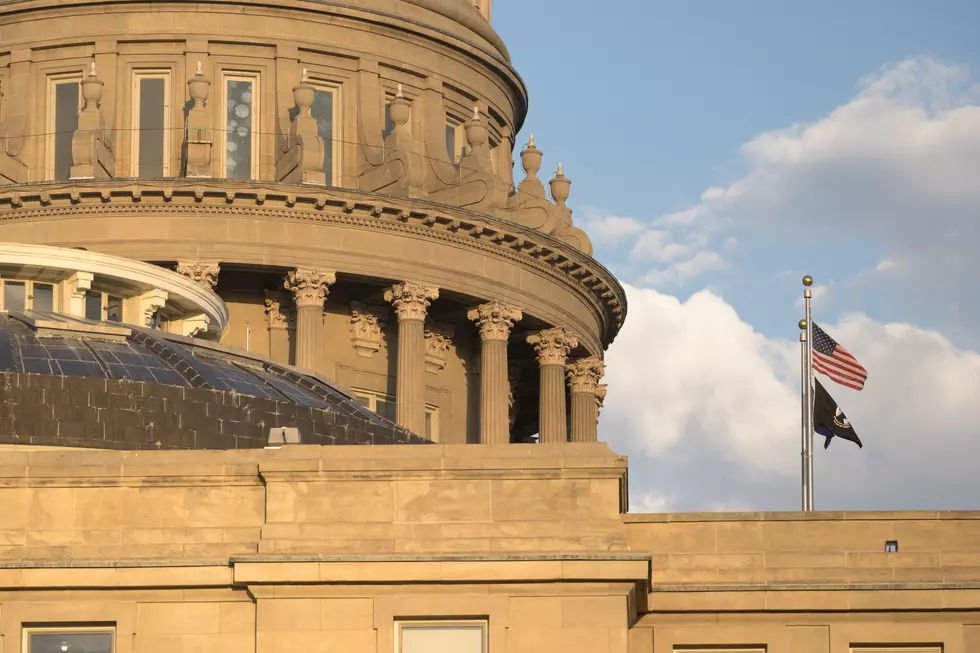
Proposed Idaho Bill Could Force Medicaid Recipients to Work
BOISE, Idaho (AP) — A House panel on Monday voted to hold a public hearing on legislation involving voter-approved Medicaid expansion in Idaho to require recipients to meet employment requirements similar to those in place for the state's food assistance program.
The House Health and Welfare Committee voted 9-3 to hold the hearing on the legislation that would also end Medicaid expansion if the federal government's share of the cost drops below 90 percent.
The Idaho Medicaid expansion would provide access to preventative health care services for about 91,000 low-income Idaho residents, according to a risk management company hired by the state. The federal government would cover 90 percent of the estimated $400 million cost.
The bill also requests a waiver from the federal government to let some people who would qualify for the expansion instead buy private health coverage through the state's insurance program.
The draft legislation introduced by Republican Rep. John Vander Woude would require people in the Medicaid program to either work or undergo pre-employment training — requirements similar to those in the foods stamps program, called the Supplemental Nutrition Assistance.
The initiative expanding Medicaid in Idaho passed in November with 61 percent of the vote after years of inaction by the Idaho Legislature. The voter-approved law does not include work or training requirements.
But many Republican lawmakers in the Republican-dominated Legislature still oppose Medicaid expansion. Among their concerns are potential costs and what they have said could be an incentive for people not to work.
"I believe there's always a benefit if we can help people move off of a government program and be self-sustaining," Vander Woude told lawmakers.
Representatives, senators and the officials with governor's office have been meeting for weeks to determine what kind of legislation could be approved by both Republican-dominated chambers and Gov. Brad Little, a Republican.
The legislation introduced Monday is designed to do that and Republican Rep. Fred Wood, chairman of the committee and a retired medical doctor, believes the bill might have the right mix to become law.
"I do, yeah, but we'll see," he said after the meeting. "In my discussions with people, I think a lot of people are supportive of it."
Idaho would not be the first state where added recipient requirements have been considered. Utah passed sweeping changes to a voter-approved Medicaid expansion last month, cutting the number of people covered nearly in half and adding work requirements that the Trump administration is expected to approve.
Democrats on the panel on Monday took issue with the accuracy of the estimated cost, saying the numbers could be low-balling the actual cost. The legislation estimates the state will pay about $1.8 million annually to administer requirements spelled out in the legislation, with Idaho picking up about $1.5 million and the federal government the rest.
"I am extremely disappointed that the committee voted to introduce a bill that would significantly restrict Medicaid expansion," Democratic Rep. Ilana Rubel said in a statement after the meeting.
The required fiscal note estimating costs associated with the legislation did not estimate how much counties might end up paying for health care for people who would not qualify for Medicaid under the proposed law but still seek care. Idaho's counties pay health care costs for indigent residents.
The proposed legislation also does not appear to differentiate between the expansion and those already on Medicaid.
On related issues, the Legislature's budget committee on Wednesday approved a budget for Medicaid that includes the expansion. But it still has to pass the House and Senate.
Last month, the same House Health and Welfare Committee killed two pieces of legislation intended to repeal Medicaid expansion.
And a Senate panel last month voted to hold a hearing to drop Medicaid expansion if the federal government reduces the percentage it pays for the program. That hearing has not yet been held.
Also last month, the state Supreme Court upheld the voter-approved initiative for Medicaid expansion following a challenge from a conservative group that argued it was unconstitutional.
By KEITH RIDLER, Associated Press
More From News Radio 1310 KLIX









